The enemies of the future are always the very nicest people
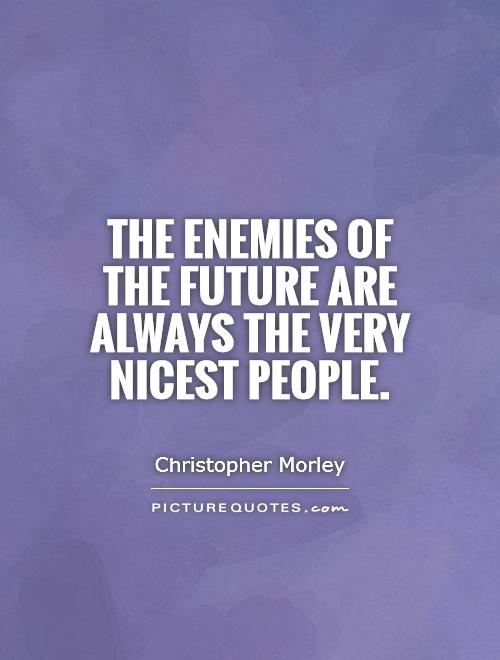
The enemies of the future are always the very nicest people
Christopher Morley, a prolific American writer and journalist, once famously said, "The enemies of the future are always the very nicest people." This statement is both thought-provoking and paradoxical, as it challenges our preconceived notions about who our adversaries may be. In the context of Morley's work and beliefs, this quote can be interpreted in several ways.One interpretation of Morley's statement is that the people who oppose progress or change are often those who appear to be the most kind and well-meaning on the surface. These individuals may not have malicious intentions, but their resistance to new ideas or ways of thinking can hinder progress and innovation. In this sense, the "enemies of the future" are not necessarily evil or malevolent, but rather individuals who are comfortable with the status quo and reluctant to embrace change.
Morley may have also been alluding to the idea that those who stand in the way of progress are often well-liked and respected members of society. These individuals may have good intentions and genuinely believe that they are acting in the best interests of others. However, their resistance to change can prevent society from moving forward and adapting to new challenges and opportunities.
Another interpretation of Morley's quote is that the people who oppose progress may do so out of fear or ignorance rather than malice. These individuals may be afraid of the unknown or unfamiliar, and their resistance to change is a result of their own insecurities and uncertainties. In this sense, the "enemies of the future" are not necessarily bad people, but rather individuals who are unable or unwilling to see the potential benefits of embracing change.
Overall, Christopher Morley's quote challenges us to reconsider our assumptions about who our adversaries may be. It reminds us that the people who oppose progress or change are not always villains or antagonists, but rather individuals who may be acting out of fear, ignorance, or a desire to maintain the status quo. By recognizing this, we can better understand and engage with those who may stand in the way of progress, and work towards finding common ground and moving forward together.
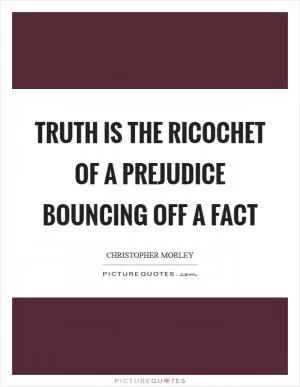
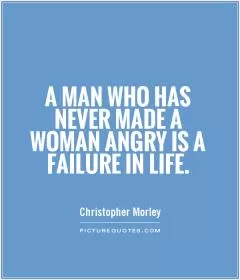
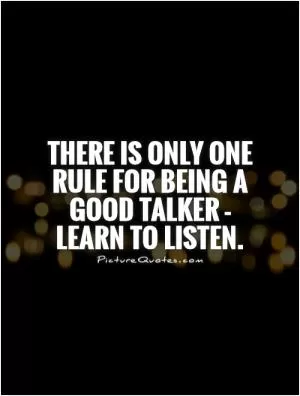

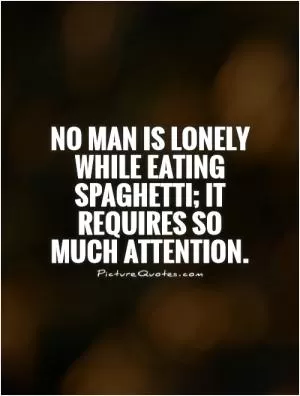
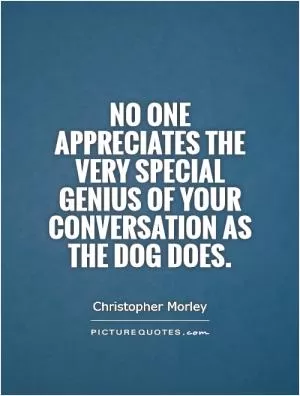
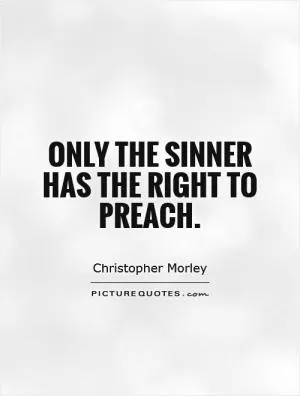
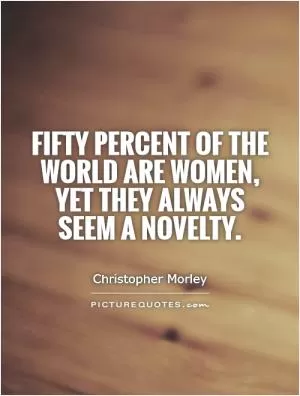
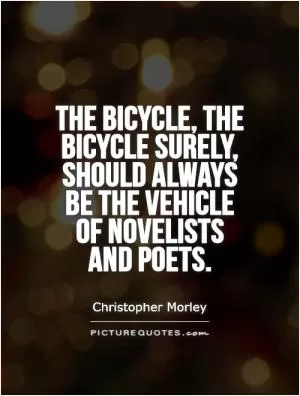
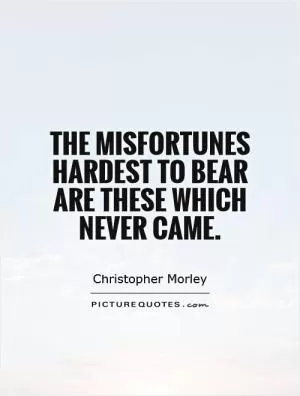
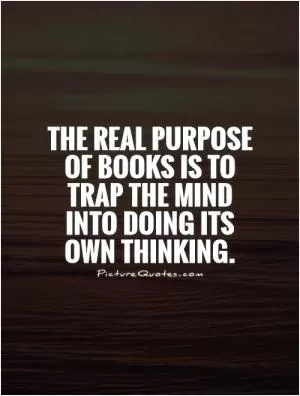
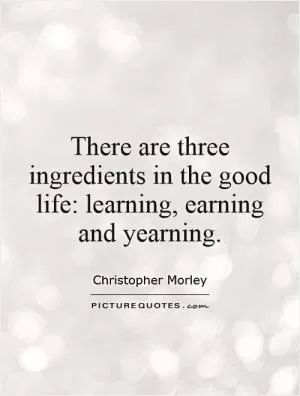
 Friendship Quotes
Friendship Quotes Love Quotes
Love Quotes Life Quotes
Life Quotes Funny Quotes
Funny Quotes Motivational Quotes
Motivational Quotes Inspirational Quotes
Inspirational Quotes